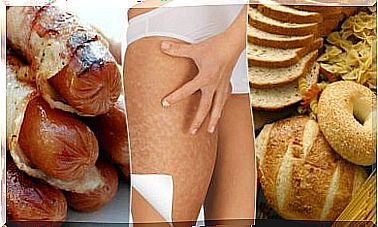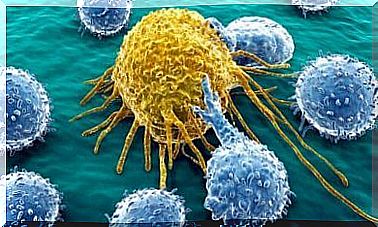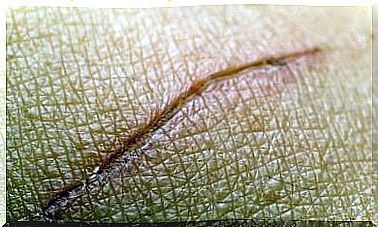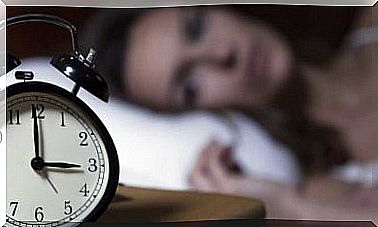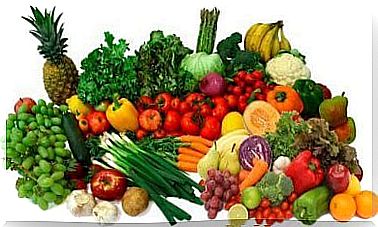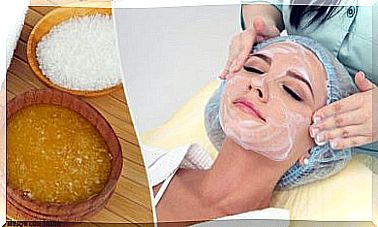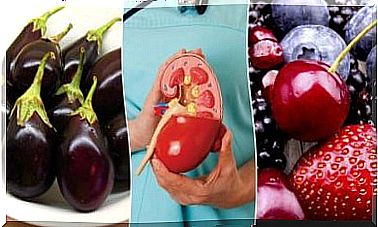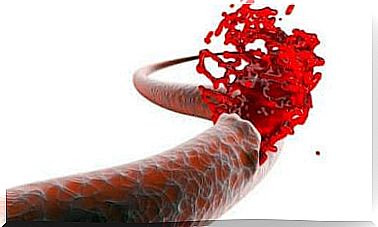Why Your Home Should Not Be Too Clean
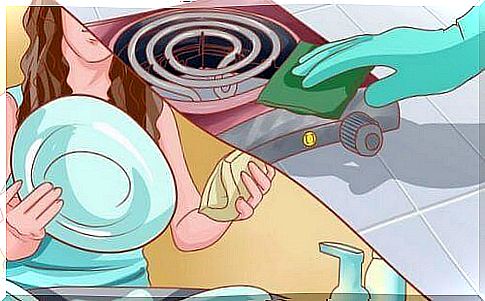
Most homeworkers and housekeepers love a clean and tidy house. But sometimes cleanliness becomes an obsession and brings health problems along with it. You need to be very careful with the products you use because a good amount of them are harmful and toxic. Learn about the risks of keeping your home clean.
When cleanliness becomes an obsession and the house is too clean
Exaggerations of all kinds are bad, as you probably already know. This is true even if you think you are doing something for the benefit of the people around you. When it comes to cleanliness in the home, many people take it to the unhealthy, obsessed extreme.
When someone persistently and eagerly insists on cleaning, gets mood swings if they see something that is not in the right place, or washes the same area over and over again, they may suffer from a disorder.
This type of behavior turns a person into a “cleaning maniac” who is unable to control his actions. All they can think about is cleaning and organizing.
There are also people who have (OCD). This is characterized by an irrational obsession and compulsion to do a certain activity or job.
When it comes to keeping the house clean, it can stem from an excessive concern about getting sick or infected. Thus, cleaning specific areas or surfaces (such as the kitchen counter or table) and washing your hands becomes their way of dealing with anxiety.
When someone has an obsession for keeping the house too clean, like this, it’s because their mindset has changed and so they keep repeating things. The person often does not understand (or does not want to realize) that they have a problem.
You need to be aware of certain signs that may indicate that there is a cleaning related involved.
Some indications that should not be ignored are that one:
- Spends hours cleaning the bathroom.
- Arranges things to the utmost precision.
- Clean the kitchen when someone uses it.
- Store cloths around the house.
- Do not get to sleep if something is in the wrong place.
However, this does not mean that you have a problem if you spend an entire Saturday cleaning your house.
It becomes an obsession when you start to miss things because you clean, such as dropping family time or not going out in the evening to be able to clean.
Excessive use of cleaning products
Even if you do not recognize yourself in the above cleaning obsession, we should still talk about the other common problem in today’s home: the use of certain cleaning products that affect you and your family’s health.
When you hear the word “pollution”, you are probably thinking of garbage or unclean air. But even at home , you can harm the environment with your everyday cleaning habits by keeping the house clean.
It is true. A typical house contains between 3 and 5 liters of toxic material in the form of cleaning agents and plant fertilizers.
The most commonly used cleaning agents (detergents, bleach, etc.) have many harmful effects, such as:
- Respiratory problems
- Endocrine system disorders
- Eye irritation
Detergents pollute the air in your home (which can be up to 5 times worse than the air outside, in the streets). In addition, it is not uncommon to get rashes, nausea and burns from these products that will help you keep your house clean and disinfected.
When they come in contact with the skin or lungs, cleaning products can cause problems such as allergies or poisoning. Do not forget harmful detergents that affect your skin and are inhaled into your body while wearing clothes that have been washed with them.
In addition, dishwashing liquid contains a substance called dioxane, a major contaminant in groundwater. It is highly toxic and is not as biodegradable as other compounds.
Bleach and its health effects
Chlorine is considered to be one of the most powerful cleansers available, but it is not completely harmless. It was discovered in 1774, and is used to bleach certain materials and has been used in diluted form as a cleaning agent in the home for many years.
The antibacterial power of chlorine is very powerful. However, instead of considering it as your protector against microorganisms that can make you sick, remember that the use of bleach in the long run also affects your immune system. After a while, your body does not know the difference between good and bad bacteria.
In addition, bleach causes skin burns, eye and nose irritation, respiratory problems and reduces the level of oxygen in the blood. It is especially harmful for children under 12 years. They may see an increased risk of sinusitis, pneumonia and bronchitis.
As if all this were not enough, bleach also disturbs the environment and pollutes the ground, water and air.
So what are you waiting for? Take it easy with your cleaning and get used to natural products instead. It’s worth it!
